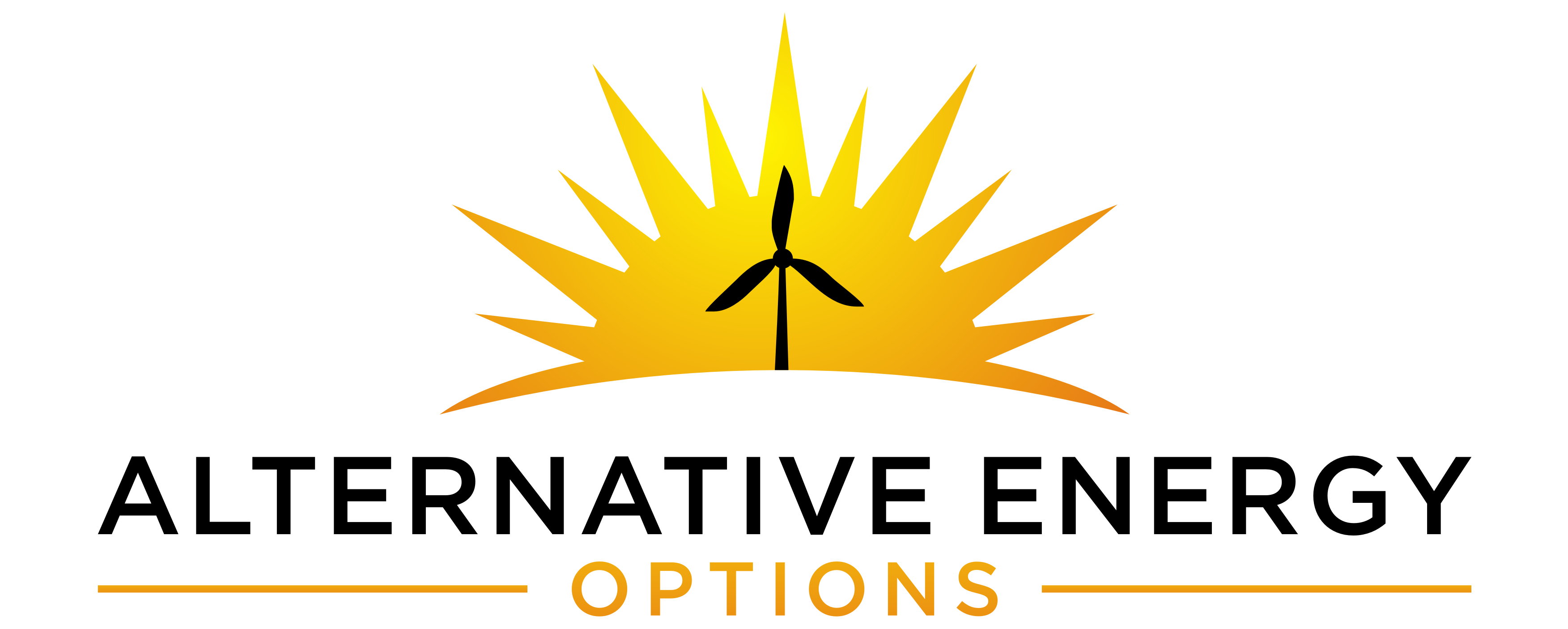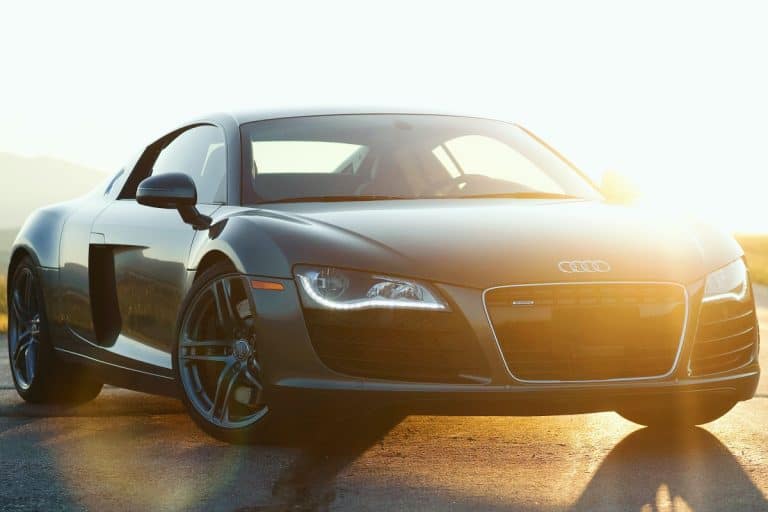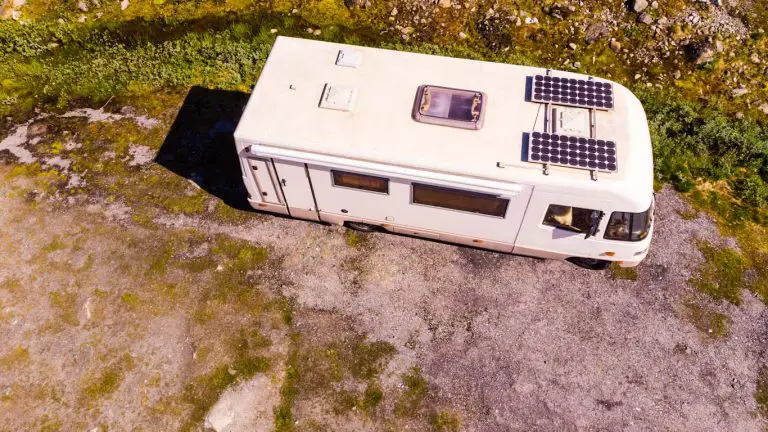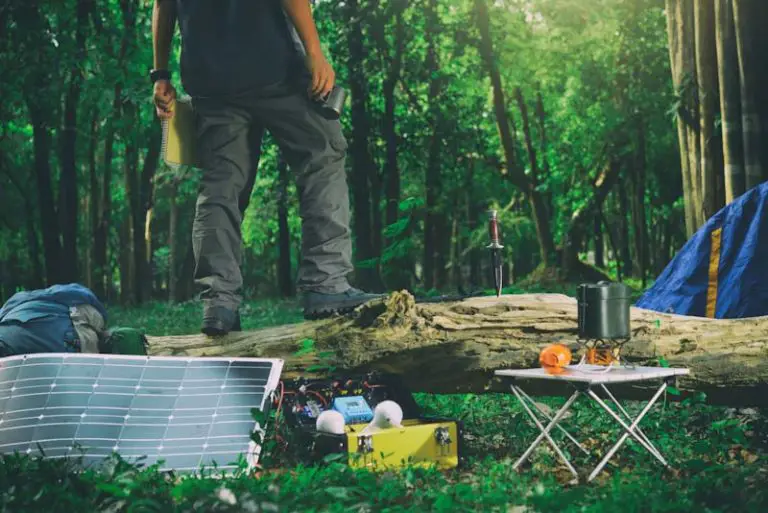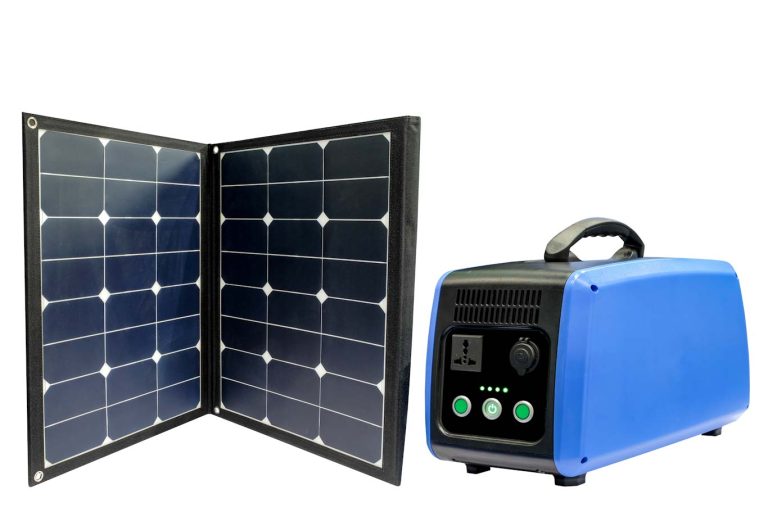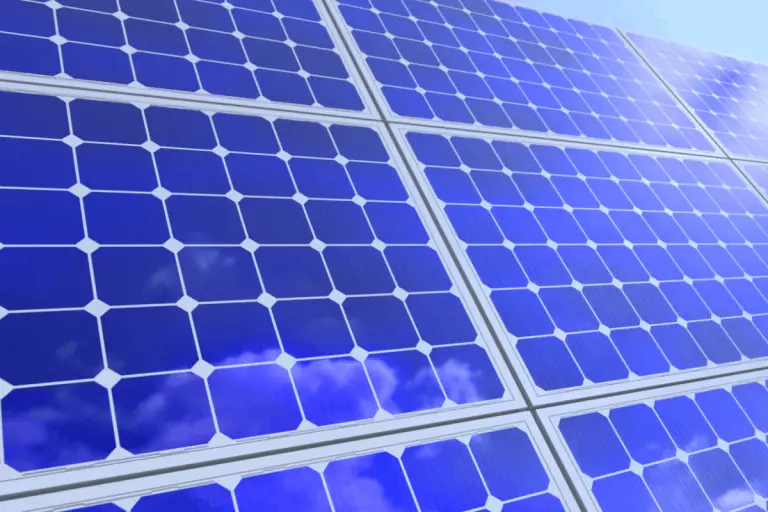Can House Solar Panels Be Used For Camping?
Using home solar panels for camping can be impractical, but it can have its advantages. There are differences between a house and portable panel, but they are not so big to prevent both types from being used outdoors.
Although a house solar panel is specifically made to produce energy for a household, it is still possible to use it for camping, providing it is set up correctly. Since house solar panels are built to provide more energy, they have a bigger size and weight than portable ones.
Here is all there is to know about house solar panels used in camping.
Why Use House Solar Panels For Camping?
A solar panel is built to power a household, so it is designed to have a bigger size to generate more electricity. In addition, the materials used are of higher quality because they must withstand the elements and last for a long time.
It also means that house solar panels are more expensive. But, if you can make a house panel work on an RV, caravan, or while camping, there is no need to buy new portable panels. Here are some of the advantages of using house solar panels for camping:
- No additional costs
- Ability to harness more energy
- Extra durability
While portable solar panels are specifically designed for outdoor activities, nothing stops you from using the house panels. However, if you predict a higher consumption of electricity, using a house solar panel can be a better choice.
If a solar panel can charge a household, it is ideally suited to charge an RV with all its appliances used by several family members. If you choose to use your house panels to power a mobile home, the only thing to resolve is how to make it fit, if you want it fixed on its roof, or how to transport it.
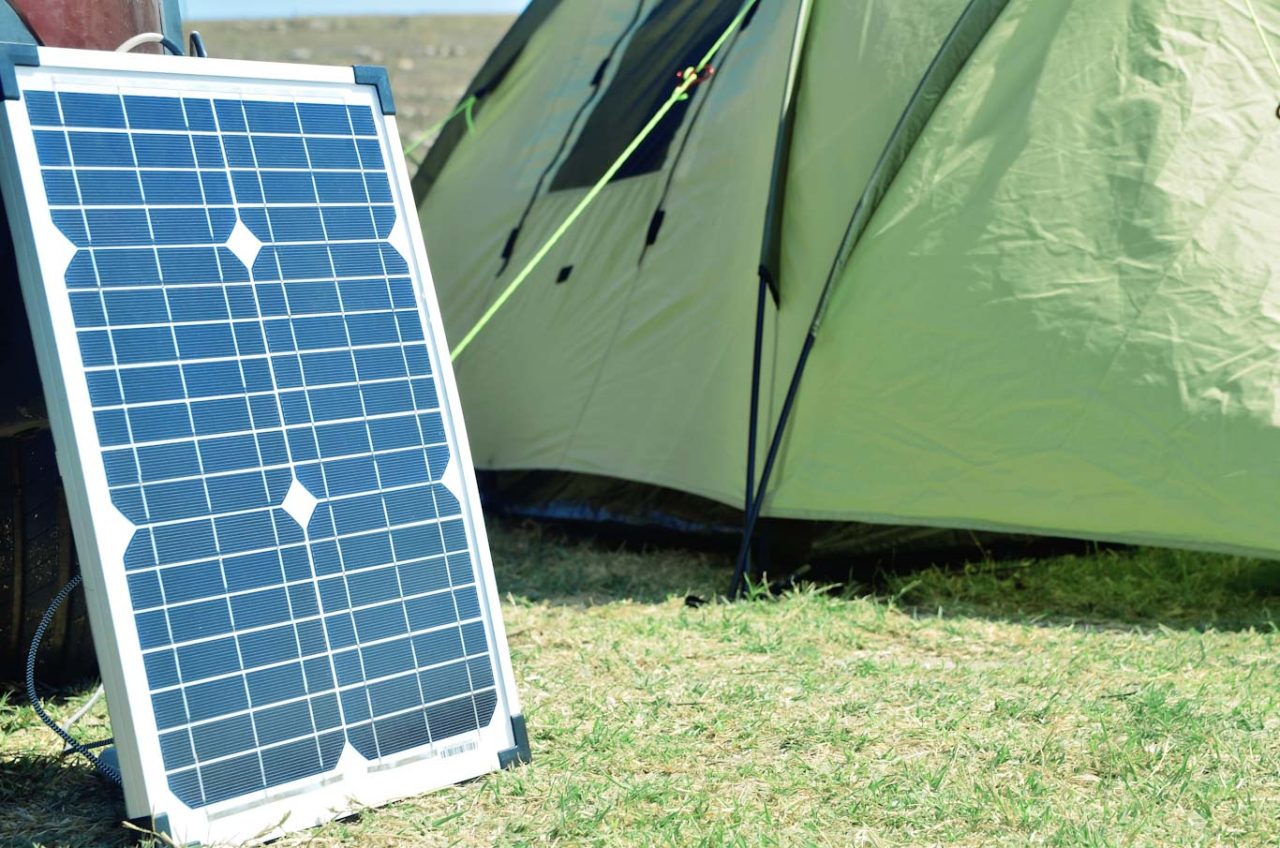
Can I Use House Solar Panels For Camping?
Providing you have all the components of your equipment compatible, it is possible to use house solar panels for camping. Fixed solar panels have a lot of things in common with portable panels; they function the same way but are built and designed differently.
Here is what house panels and portable panels have in common:
- They function with sunlight
- They can charge a generator or devices directly
- Proper wiring is necessary for both of them to function
- Both types of panels can be made of the same materials
Both types of panels (house panels and portable) require direct sunlight to work. The science behind it is the same. If you wish to adopt a house solar panel for outdoor activities, you have to ensure you have the correct batteries to harness the electricity and enough space.
The most significant difference between house panels and portable ones is the size of the surface. House panels are built to collect more sunlight and thus can generate more electricity. In addition, the larger surface can contain more solar cells, which produce a higher wattage.
However, consider that portable panels are easy to transport because they are smaller and lighter.
What Is The Difference Between A House And A Portable Solar Panel?
Although the purpose is the same, house panels and solar panels are built to be used in different circumstances and have several differences too:
- Size
- Energy production
- Weight
- Durability
Typical house panels can have 60 or 72 solar cells and come in the following sizes:
- 39″ x 66″
- 39″ x77″
Portable panels have smaller sizes, such as 32″ x62″, but many other sizes are available. Using house panels can be a good idea; however, you may not manage to fit it on top of an RV, caravan, or boat because of their limited space.
A house solar panel can produce up to 250 watts of energy, while a portable panel can produce, in general, up to 100 watts. Durability is another big difference between a house and mobile panels. House panels are built with higher quality materials and are made to last for a long time.
House panels are made to withstand strong winds, snow, hail, and high temperatures. Unfortunately, most portable panels are not built to be strong and are not made with the same high-quality materials.
Portable panels are not heavy. They can weigh between 1,5 lbs to 3 lbs, while house panels can get up to 50 lbs, depending on the size and the materials used. For this reason, solar panels used for residential homes can be challenging to carry around and use on outdoor trips.
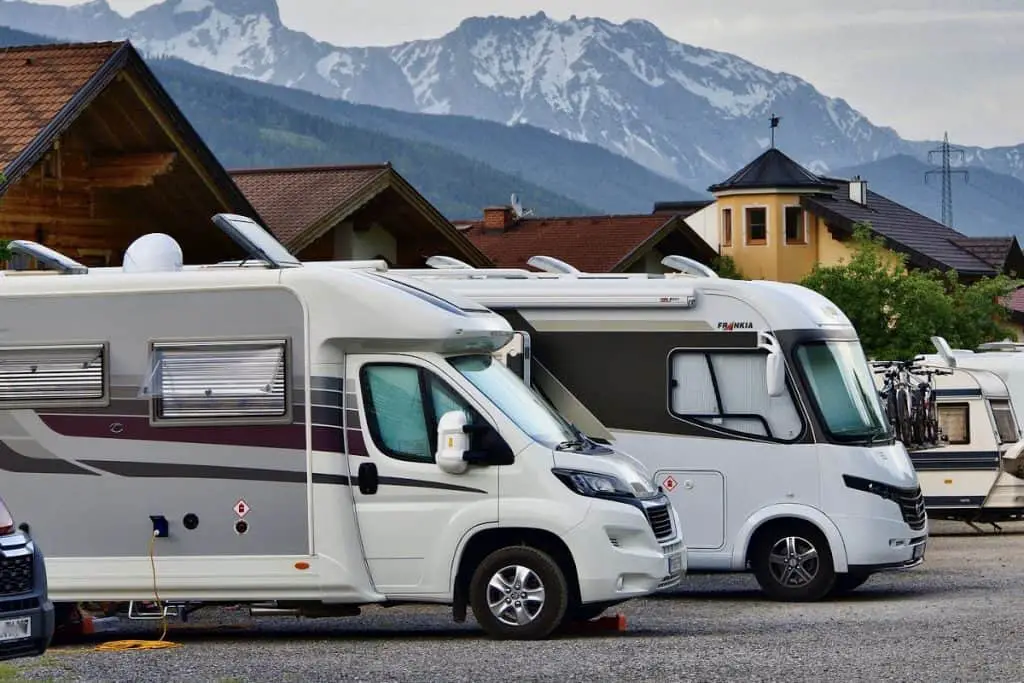
Can You Use A House Solar Panel On A Campervan?
House solar panels can power a campervan in the same way as they can power a house and provide electricity for more appliances used simultaneously.
A solar setup for camping includes:
- A solar battery
- A solar panel
- Cables
- A solar regulator
- An inverter
The solar panel must be placed in the sun and connected with the compatible battery to start storing electricity. Solar panels can be mounted on top of an RV or caravan or can be placed outside on the ground, like in the case of portable panels.
You may need an inverter to connect the battery to all the devices and a solar regulator to protect the battery from overcharging. It is a simple setup that comprises only a few items, but you can use it to charge almost anything. For example:
- Laptops
- Mobile phones
- Solar cockers
- Tablets
- Cat batteries
- Portable TVs or DVD players
- LED lights
- Portable fridge
Camping with solar energy is cost-efficient since it doesn’t require a generator that utilizes additional fuel. In addition, even if you do not use that much energy when you go camping, it is always more secure to have backup electricity in case of emergencies.
Can You Wire A Solar Panel Directly To A Battery?
A solar panel cannot be wired directly to a battery because it can overcharge it and damage it. A controller should be situated between the battery and the solar panel to prevent it from happening.
Solar panels can generate up to 20 volts, while a battery can receive 12 volts. Therefore, it is evident that wiring a solar panel to a battery can’t work; the battery will always come out damaged from too much electricity.
A controller has the purpose of managing how much current is going into a battery, stopping the flow when the battery is full. It is also a necessary security measure to prevent fires and explosions.
Frequently Asked Questions
Do Solar Panels Charge While Driving?
Solar panels can charge your batteries while driving, providing there is enough sun. In some instances, solar panels can be more efficient in producing energy due to the air circulation created during the drive that helps lower the panels’ temperature.
How Long Do Solar Panels Last?
In general, solar panels can last up to 25-30 years. However, it is possible to prolong their life span by regular maintenance, such as cleaning and inspection by professional technicians. Investing more money to buy higher-quality panels can extend their life span by several years.
How Long Does A Solar Panel Take To Charge A 12V Battery?
A 200 watts solar panel can take up to 5-8 hours to charge a 12-volt battery. But the actual time depends on the weather conditions. Direct sunlight will help charge the batteries faster. However, cloudy weather can prolong the process.
